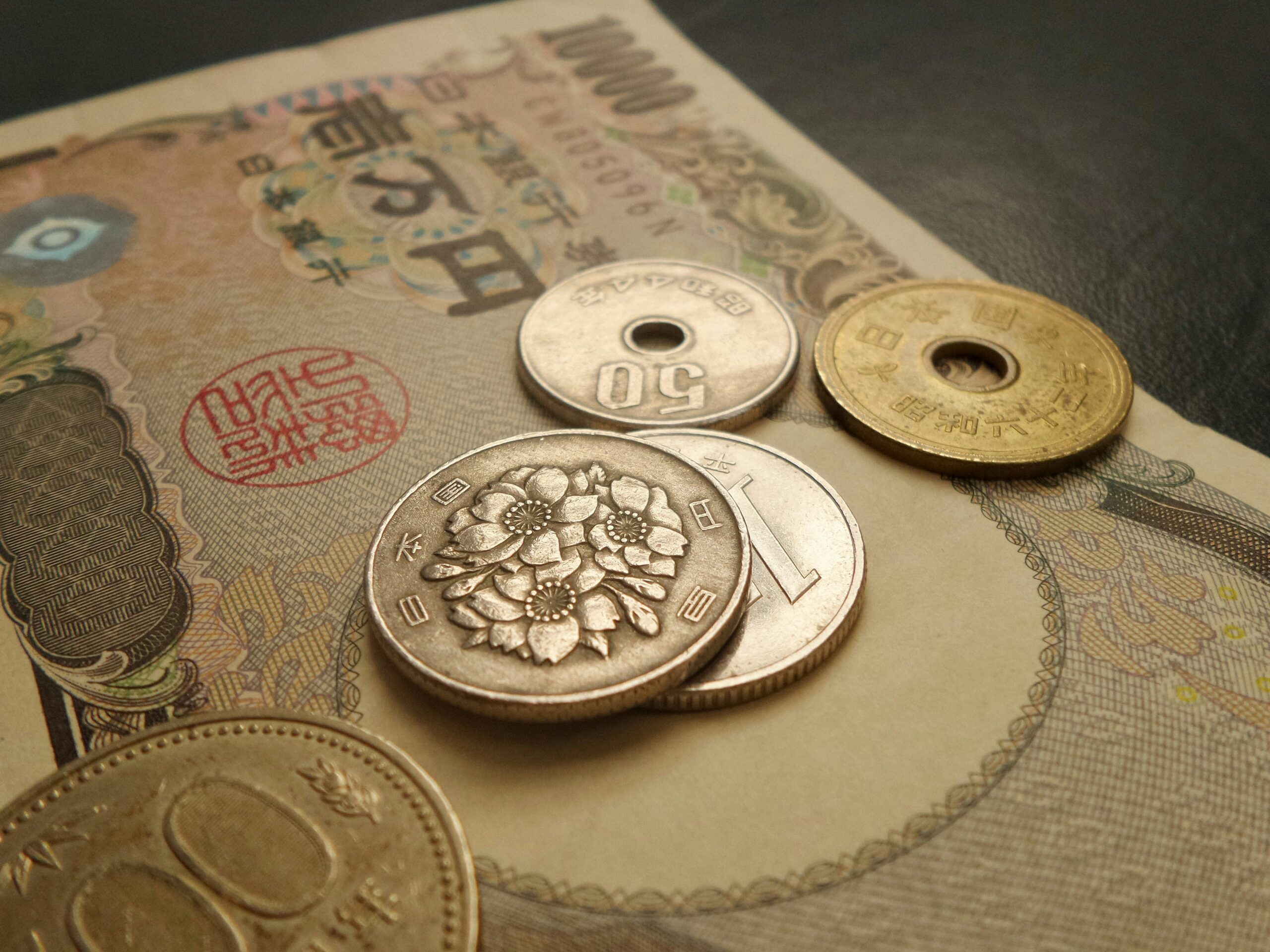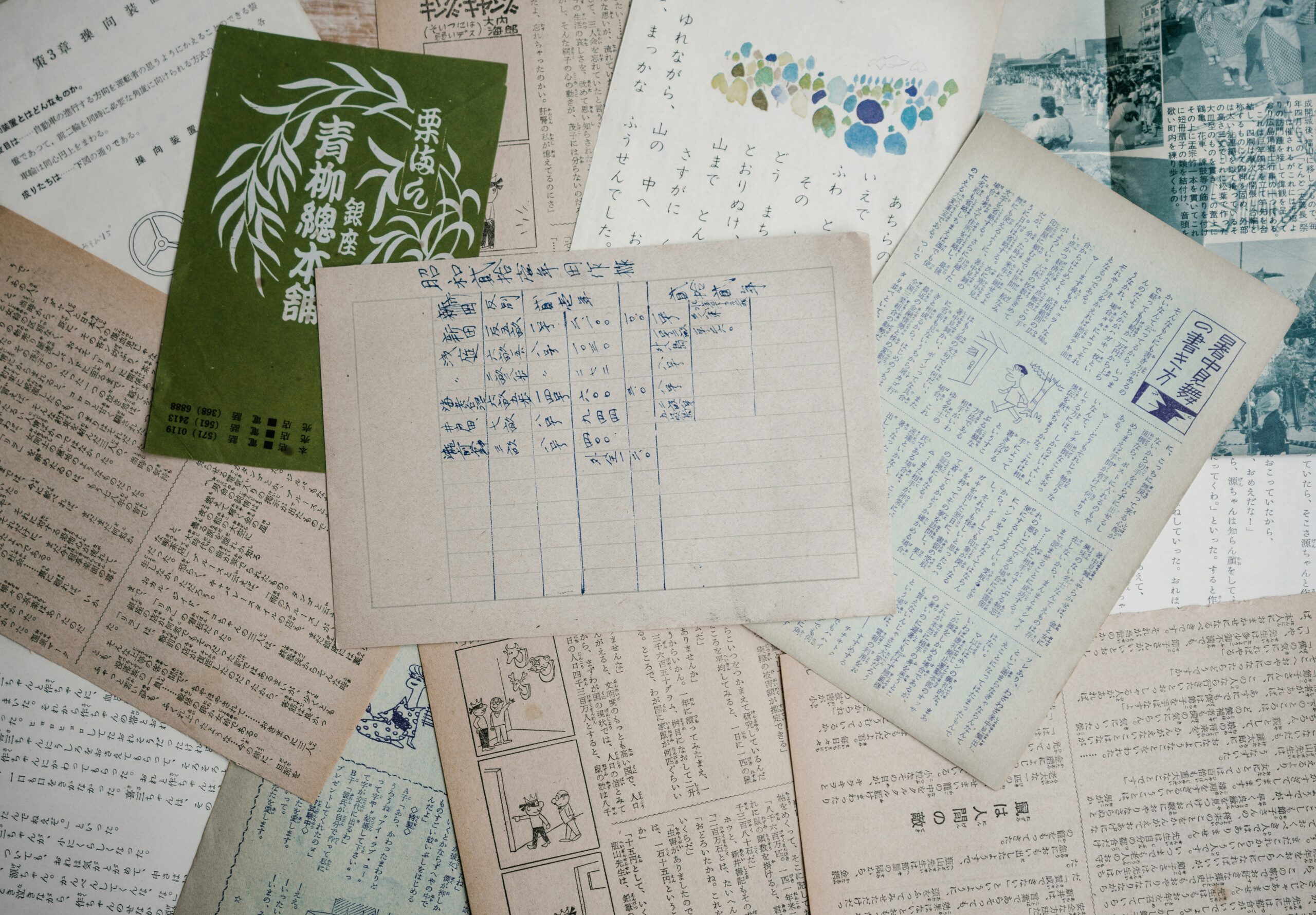So… you’re thinking of moving to Japan — maybe for a working holiday, language study, or even just to live out that dream you’ve had since your first bowl of ramen and Studio Ghibli binge…
Same here!
While I haven’t made the move just yet, I’ve spent months (okay, years) preparing for life in Japan. From researching the nitty-gritty of apartment hunting to learning how garbage sorting works (yeah, it’s wild), I’ve been building a mental map of what it really takes to live there comfortably.
This guide is everything I’ve learned so far — the stuff I wish someone had handed me in one place. It’s not sugar-coated, it’s not overly romanticised — it’s just real, practical, and hopefully a bit reassuring if you’re on this same journey too!

🏠 Finding a Place to Live
One of the first things I realised when planning my move to Japan is just how different the housing system is.
I used to think you could just rock up, pay rent, and move in. But nope — there’s a whole system involving key money (a weird kind of “thank you” payment to your landlord), guarantors, and a bunch of upfront costs that can really throw you off if you’re not prepared.
🔑 For Short-Term Stays:
If you’re on a working holiday visa or just testing the waters, share houses and serviced apartments are lifesavers.
Here are a few I’ve been keeping an eye on:
- Sakura House: Great for foreigners, easy setup.
- LeoPalace21: Kind of like Japanese student housing, but functional.
- Borderless House: Community vibes if you want to make friends.
These spots are perfect if you want less paperwork and more flexibility.
🏢 For Long-Term Settling:
When you go down the “proper apartment” route, you’ll deal with a real estate agency (often in Japanese), sign a lease, and maybe drop up to 5 months’ rent just to get the keys.
I’m planning to work with agencies that specialise in helping foreigners (like GaijinPot Housing or Village House) because honestly, the system can feel like a maze if you go it alone.
Pro tip I’ve learned: Start small and affordable. Many first-timers overestimate how much space they’ll need — Japanese apartments are compact but super efficient.

🛍️ Daily Life & Convenience
When it comes to daily life in Japan, the system is built for comfort, efficiency, and quiet structure. It’s one of the things that really drew me in while researching what it would be like to live there.
Every small detail — from grabbing dinner at a convenience store to navigating the public transport system — has been thoughtfully designed. If you appreciate order and routine, Japan will feel like a dream!
🏪 Konbini = Game-Changer
Forget everything you know about convenience stores in the West — Japan’s konbini (like 7-Eleven, FamilyMart, and Lawson) are on another level.
You can:
- Buy affordable, high-quality meals that taste great and are ready in seconds
- Pay bills or taxes
- Ship or receive packages
- Print documents or buy tickets to events
- Use free Wi-Fi and even ATMs that support international cards
The food alone is a win — from fresh onigiri to hot karaage, you’ll find yourself visiting your local konbini daily without even thinking about it.
I already know that once I’m in Japan, I’ll probably end up emotionally attached to “my” convenience store 😄
🚃 Transport = Extremely Reliable
Japan’s public transportation system is reliable, clean, and often arrives to the minute. Trains, subways, and buses are all tightly integrated, especially in major cities like Tokyo, Osaka, and Kyoto.
Here’s what I’ve learned to prep for:
- IC Cards like Suica and Pasmo make everything easy — tap and go.
- There’s an unspoken rule of silence — no loud convos, no phone calls.
- During rush hour, especially in cities, expect to get really close to people.
It’s also incredibly easy to travel across the country using things like the JR Pass for longer stays, which I plan to take full advantage of during my time there.
🗑 Trash = Boss Level Puzzle
Trash disposal in Japan is no joke. There are strict recycling categories, and every ward has its own rules and pickup schedules. Here’s the basic breakdown:
- Burnable (燃えるゴミ): Kitchen waste, paper, etc.
- Non-burnable (燃えないゴミ): Glass, ceramics, some plastics
- PET Bottles, Cans, Bottles: Usually collected separately
- Plastics (like food trays or wrappers): Their own category
You often need to use designated garbage bags from your local supermarket, and if you mess up, your trash might be left behind with a note on it.
Sounds stressful? A little — but most people figure it out quickly with practice. I’m already mentally prepared to check the schedule twice before taking anything out 😅

💴 Managing Money and Visas
Money management and visa planning are two of the most important practical aspects of preparing to live in Japan. It’s not the most exciting part of the move, but getting this right early on can save you a ton of stress later!
💳 Cash > Cards (For Now)
Even though Japan is modern and high-tech in many ways, it still leans heavily on cash payments — especially in smaller restaurants, older stores, and some rural areas. While credit cards and mobile payment apps like PayPay and Suica are becoming more common, you’ll still want to keep at least ¥10,000 yen on you at all times.
Also, ATMs aren’t always open 24/7, and some foreign cards don’t work in Japanese machines — so it’s worth finding a 7-Eleven ATM, as they accept most international cards.
🏦 Banking
Once you’ve got a residence card and a local address, you’ll want to open a bank account in Japan. Some of the easiest options for foreigners include:
- Shinsei Bank – English support and online banking
- Japan Post Bank – Found inside post offices, convenient and widespread
- Rakuten Bank – Great if you’re okay with a more digital experience
Most banks require documents like your residence card, passport, and proof of address. Some might also ask for a hanko (name stamp), though many are moving away from this requirement.
🧾 Paying Bills
Bills for electricity, gas, water, and internet are typically sent to your address in paper form. You can pay them in multiple ways:
- At a convenience store (konbini) — super easy!
- Through online banking (if your account supports it)
- By automatic withdrawal, once set up
It’s all part of the rhythm of daily life — and it should become second nature after a few months.
🛂 Visa Basics
If you’re like me and going to Japan on a working holiday visa, you’ll have a lot of flexibility. You can work part-time or full-time (as long as it’s not in restricted fields like nightlife or adult entertainment). It’s ideal for trying different jobs and figuring out your path!
Later, if you decide to stay longer, you might switch to a work visa — just make sure your job type qualifies and that your employer is willing to sponsor it.
Visa transitions can take time, so always start paperwork early and make sure your residence status stays valid during the process!

🙇♂️ Adapting to Culture and Etiquette
Japanese culture isn’t just unique — it’s structured, respectful, and deeply detail-oriented.
For me, a lot of these customs already align with my personality — the quietness, personal space, and politeness are things I naturally prefer. But I also know that for many people, this part of life in Japan can be a bit of a culture shock.
If you’re someone who’s used to more direct communication or casual social rules, you’ll definitely want to start observing and adapting early.
🔇 Silence is Respect
In Japan, quietness is a sign of respect, especially in public places. Trains, buses, waiting rooms — they’re all incredibly silent by Western standards. Loud phone calls or chatting across the room is a no-go.
If you’re someone who appreciates peaceful environments, you’ll probably love this. But if you’re used to being more vocal in public, this might take some practice.
👞 Shoes Off Everywhere
Removing your shoes before entering a home, temple, or certain traditional restaurants isn’t just a formality — it’s part of showing respect for shared space. You’ll usually be given indoor slippers, and in many homes, there are even special bathroom slippers (yep — there are slippers for your slippers!).
Knowing these small details ahead of time helps avoid awkward moments — and it shows you care enough to adapt.
💬 Read Between the Lines
This one is really important to understand: Japanese people tend to avoid confrontation and often speak in indirect ways. You won’t always hear a flat-out “no.” Instead, you might get:
“That might be a little difficult…”
“We’ll think about it…”
“Let’s check again later…”
Being able to read the tone, the facial expression, and even the pause in conversation is key to understanding what’s really being said. For me, this is something I’m already pretty aware of — but it’s definitely worth observing closely, especially when you first arrive.

🧗♂️ Challenges You Might Face (and How to Handle Them)
Let’s be real — even when you’re excited about living in Japan, there will be hard days. Culture shock, paperwork, and occasional isolation are all part of the adjustment. But none of it is impossible, and every challenge has a solution if you stay patient and proactive.
😶 Loneliness and Language Gaps
Moving to a country where you don’t speak fluently can feel isolating for some!
That’s why I’m investing time now into studying Japanese (shoutout to Genki and Anki 🙌) and chatting with people on HelloTalk to warm up my social skills.
Not speaking the language fluently can make it hard to connect, even if you’re surrounded by people. That’s why I’m working hard on improving my Japanese now — and why I plan to stay active on language exchange apps and in-person meetups once I arrive!
Making just one or two close friends — even if they’re also foreigners — can make a huge difference in the early months…
📄 Bureaucracy
There’s a lot of paperwork — and much of it’s in Japanese.
But with tools like Google Translate, and maybe a friend or two to help out, it’s totally doable. I’m already mentally preparing myself for the 市役所 (city hall) visits.
Japanese paperwork can feel overwhelming — especially when it’s all in kanji. Things like registering your address at city hall, setting up national health insurance, or applying for a MyNumber card often involve multi-step processes and very little English.
The key here is patience, a good translation app (hello, Google Translate camera mode!), and asking for help when needed. You’ll figure it out step by step.
🧠 Emotional Adjustment
Adjusting to a new culture is a slow burn. You’ll have highs — like your first successful Japanese conversation — and lows, like feeling completely lost at the ward office. But that’s part of it!
One thing I’ve learned while preparing is that you don’t need to be perfect. You just need to stay open-minded, keep learning, and remind yourself why you’re doing this in the first place.

✅ Conclusion
I’m not living in Japan just yet — but everything I’m doing now is building the foundation for a smoother transition when I arrive. I’ve spent countless hours researching, learning, and preparing for the real-life challenges that come with building a life in a completely new culture.
Living in Japan won’t always be easy. There will be moments of confusion, miscommunication, and adjustment — but there will also be incredible moments of growth, independence, and unforgettable experiences.
If you’re planning to move too, I hope this guide helped you feel a bit more prepared. Because when you go in with clear expectations and an open mind, you’re giving yourself the best shot at not just surviving in Japan, but truly thriving!

